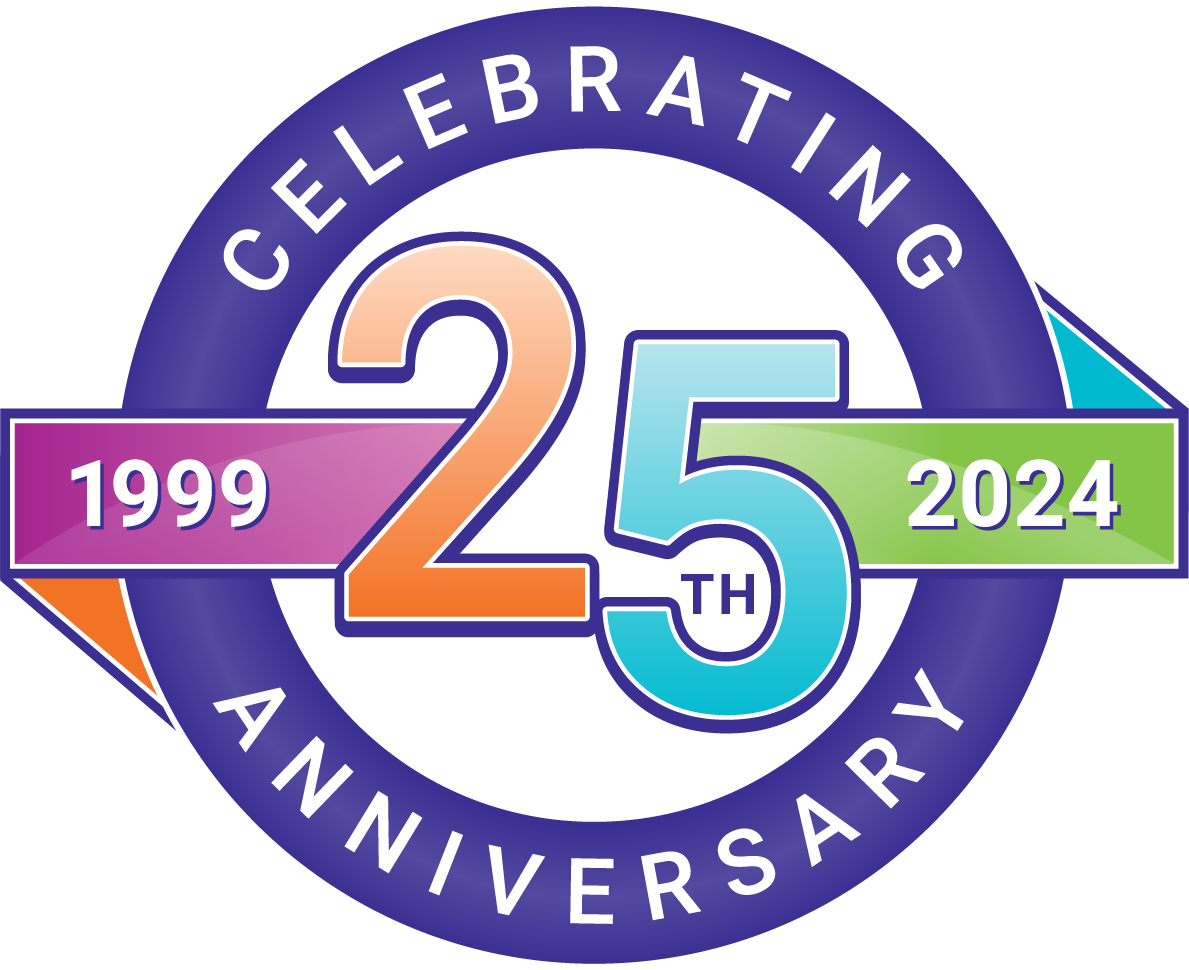Online Catalog
An online catalog is a tool that identifies and describes the books and other resources available in a library and where to locate them. In short, it is a list of what materials a library offers. There are many ways to search the catalog:
- Keyword -- A keyword is a word that represents the topic you are interested in learning about. For example, if you want to learn more about dogs, enter the word dogs in the search box, and click on Keyword. The catalog will show you all of the library records that have the word dogs in them. Keyword searching usually gives you the most search results.
- Author -- The author is the person who wrote the book. Use this feature if you know the author of a book and want to find other books by that author. Enter the author's name in the search box, and click on Author.
- Series -- Use this feature if you enjoyed a book that belongs to a series, or set, of books, like The Magic School Bus or Harry Potter, and want to find other books in the same series. Enter the series name in the search box, and click on Series.
- Subject -- If you want to find items about a specific subject -- topic, person, or place, enter the subject term in the search box, and click on Subject. Librarians decide what subjects to include in the records for library materials. When you do a subject search, you are looking for records that match your subject. That means you usually get fewer but more relevant results than when doing a keyword search.
- Title -- When you know the name of the library material you are looking for, enter it in the search box, and click on Title.
Learn about these search strategies:
- Choosing keywords -- determining which terms to use in a search
- Boolean operators -- using AND, OR, and NOT to narrow or broaden a search
- Phrase searching & truncation -- searching words as an exact phrase and finding all forms of a word
Once you do an online catalog search, you will get a list of search results. Do not expect to find everything you need by doing one search. You may need to revise your search.
- Results not relevant? Try different keywords.
- Too many hits? Try keywords that are more specific, or add an additional search term.
- Not enough hits? Check your spelling, or try keywords that are more general, or remove a search term from your search string.
Tip: Use the help menu in the online catalog. It might even offer tutorials.
Next => Now that you have learned about finding information using an online catalog -- and about choosing keywords, Boolean operators, phrase searching, and truncation, let's go back to the Finding Sources page to pick up where you left off.

